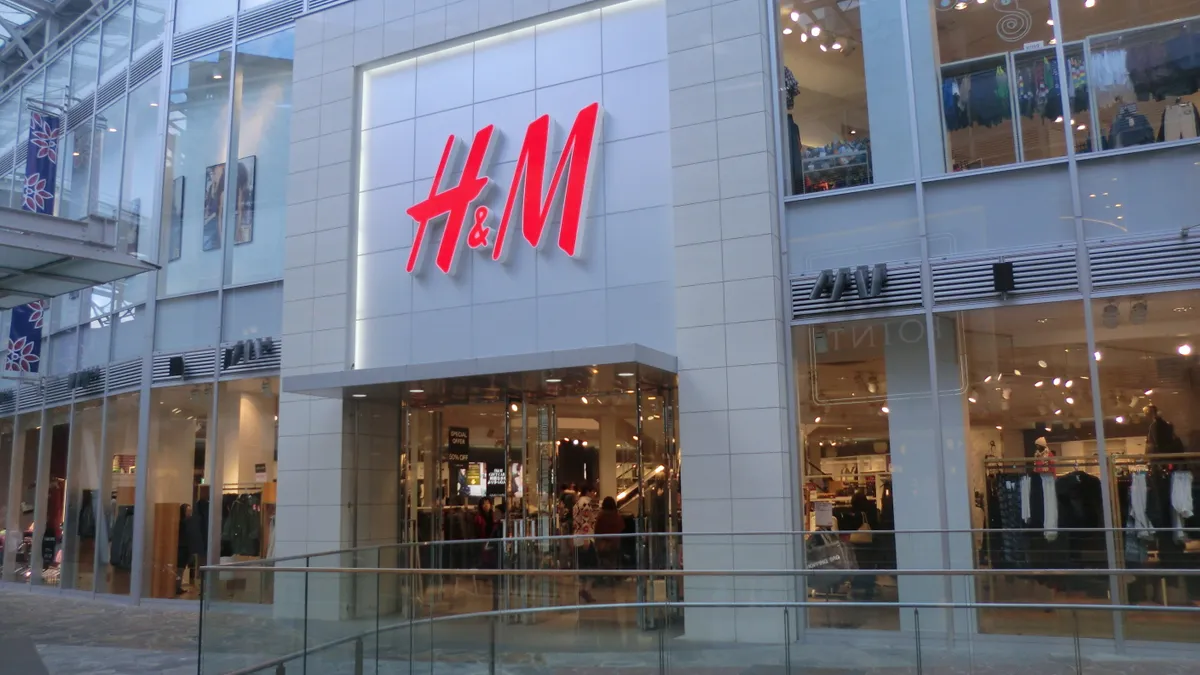Dive Brief:
- Swedish fashion retailer Hennes & Mauritz (H&M) announced, due to slow expected growth in 2017, the company once again will be investing in its supply chain to better “mirror our customers’ fast changing needs,” as reported by CIPS.
- While online performance was strong in 2017, the company said its physical stores are lagging and customer behavior changes are having the greatest impact on the company's lagging sales.
- The new investment — which follows a supply chain reorganization last year — is one component of a four-part plan to strengthen the company's competitive positioning. The overall plan includes investment in data analytics and intelligence to enhance retail assortment planning and sales, as well as technology investment to expand cloud computing, RFID and 3-D printing.
Dive Insight:
The performance of the supply chain has a direct result on customer satisfaction ... in all industries.
In restaurants, subpar ingredients will disappoint customers, no matter the skills of the chef. In industry, poor quality and delivery performance from suppliers will result in operational conflicts and schedule delays. And in retail, as we see in the case of H&M, extended supplier lead times can directly impact financial performance.
While some companies tend to blame the supply chain for their ills, from high costs to poor quality to extended deliveries, progressive companies use their supply chains as a competitive advantage early in the process. Companies such as H&M are reacting to supply chain issues while they should have been proactive much earlier. Limited market opportunities, like those found in the mercurial fashion industry, exacerbate supply failure.
The primary shift from vertical integration, where most manufacturing is done in house, to horizontal integration, with its strong dependence on the performance of the supply chain, calls for a more aggressive role in strategic sourcing, supply management and supply chain integration. Add supply chain risk into the equation, and an active approach to managing the supply chain is critical.
Companies like H&M may be able to redesign their supply chain processes to shorten their lead-times and improve their financial performance and capture lost market share, but it will not be easy. Fixing things never are. When it comes to the supply chain, proactive — not reactive — wins the day.













